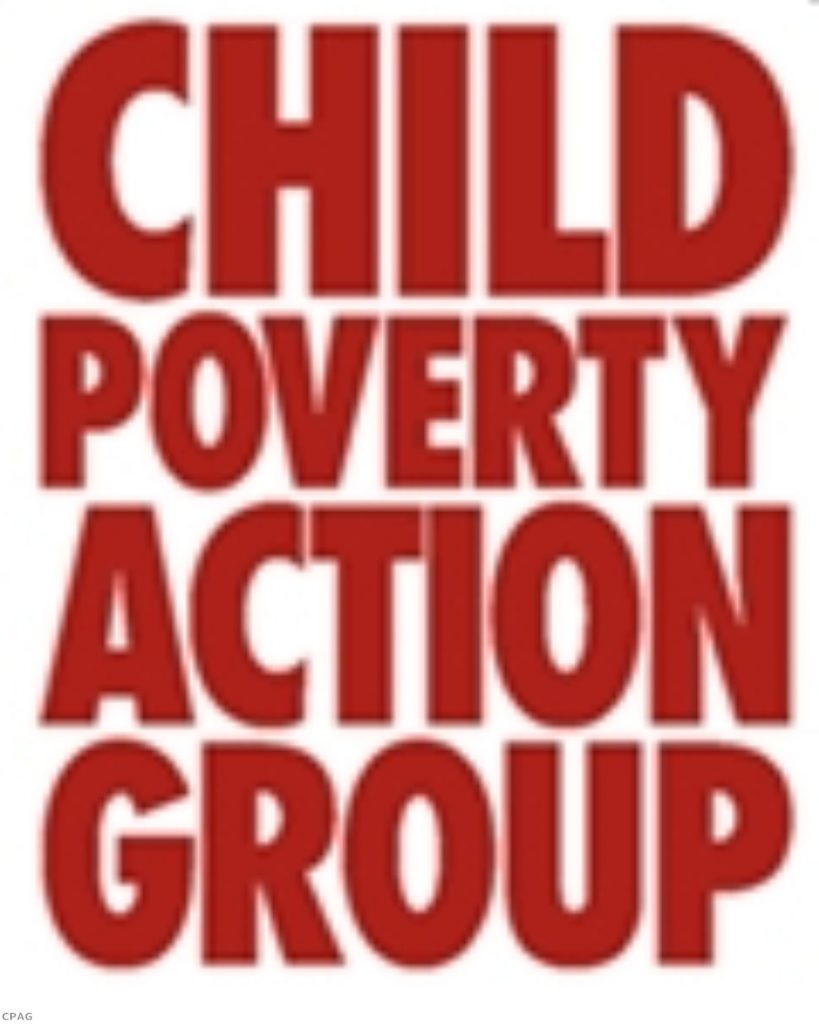CPAG: Child poverty strategy in disarray from poverty-producing bill
The government has revealed in answer to a parliamentary question that 200,000 children will be pushed into relative income poverty by its bill to cut social security benefits and tax credits in real terms. This results from a restriction of annual uprating to just 1%, which is below inflation.
This will mean Coalition tax and benefit policies are set to increase child poverty by a million children by 2020 on the relative income measure.
The answer also reveals major downward revisions to the poverty-reducing impacts that had previously been claimed by Ministers for Universal Credit.
Alison Garnham, Chief Executive of Child Poverty Action Group, said:
“The government’s child poverty strategy is in utter disarray now that Minsters have admitted the poverty-producing Welfare Benefits Uprating Bill will push 200,000 more children into poverty. This means in total Coalition policies are set to push a million more children into poverty by 2020. The figures showing the impact on absolute poverty have not been published.
“Ministers seem to be in denial that, under current policies, their legacy threatens to be the worst poverty record of any government for a generation, despite their duties under the Child Poverty Act to reduce child poverty across a basket of measures including absolute, relative and persistent poverty as well as for deprivation levels which show how well families are able to meet basic costs.
“The bad news is compounded by new government figures showing the Universal Credit would not result in nearly as much poverty reduction as Minsters had previously claimed. It will now lift 150,000 children out of poverty not 350,000 as originally claimed.
“Short term spending cuts that create poverty will end up costing taxpayers billions in the future and inflict huge damage on children and our economy.”
ENDS
Notes to Editors
· The government projects that an estimated 200,000 more children will be living in relative poverty by 2015/16 as a result of the sub-inflation uprating of key in- and out-of-work benefits announced at the autumn statement, and currently being debated in the Welfare Benefits Uprating Bill 2012.
· This 200,00 children is in addition to the 400,000 more children that the Institute for Fiscal Studies (IFS) has previously projected will be living in relative poverty by 2015 as a result of coalition policies, and the 800,000 more children it estimates will living in relative poverty by 2020 (http://www.ifs.org.uk/comms/comm121.pdf)
· The government has not disclosed the likely impact of its sub-inflation uprating on absolute poverty rates which measure whether children are experiencing a real, as opposed to relative, fall in the standard of living.
· With the uprating measure also affecting universal credit (UC) rates going forward, the government has also had to revise downwards its estimates of the poverty-reducing impact of UC. Previously, it estimated that, when fully implemented, the new benefit would reduce child poverty by 350,000 children, a figure that has now been reduced to 150,000.
· For details of new figures given by the government, see the parliamentary written answer to question 137238 in column 715W of Hansard, which is linked to here: http://www.publications.parliament.uk/pa/cm201213/cmhansrd/cm130115/text/130115w0003.htm
· CPAG is the leading charity campaigning for the abolition of child poverty in the UK and for a better deal for low-income families and children.
· CPAG is the host organisation for the Campaign to End Child Poverty, which has over 150 member organisations and is campaigning for public and political commitment to ensure the goal of ending child poverty by 2020 is met.
For further information please contact:
Tim Nichols
CPAG Press Officer
Tel. 020 7812 5216 or 07816 909302





-01.png)